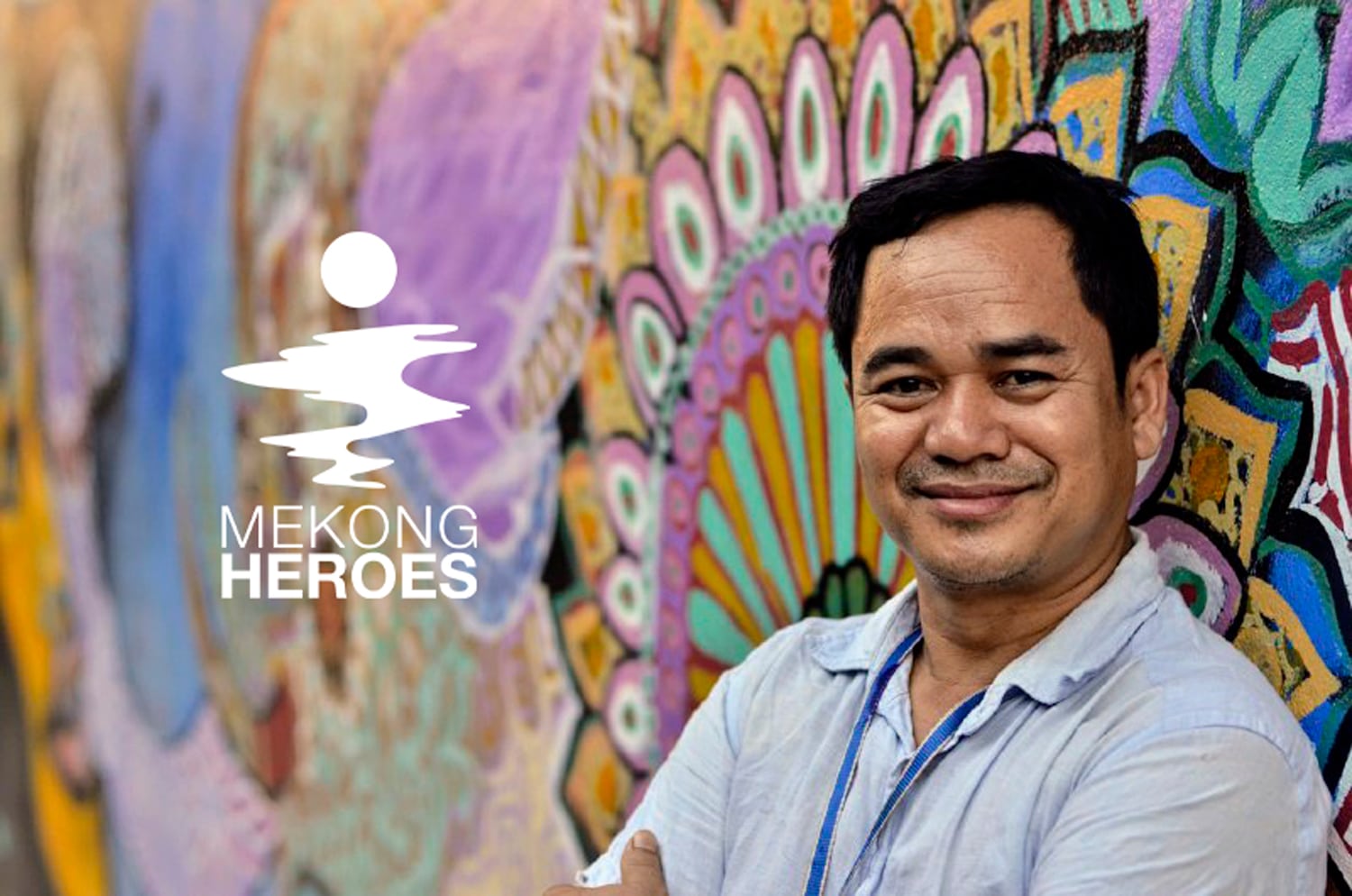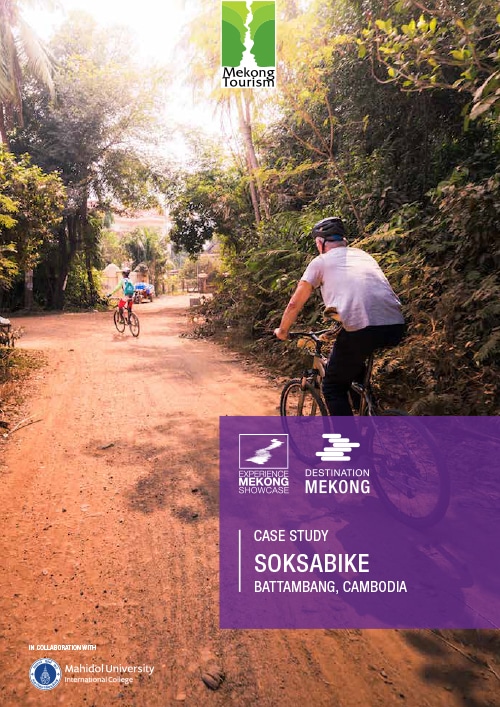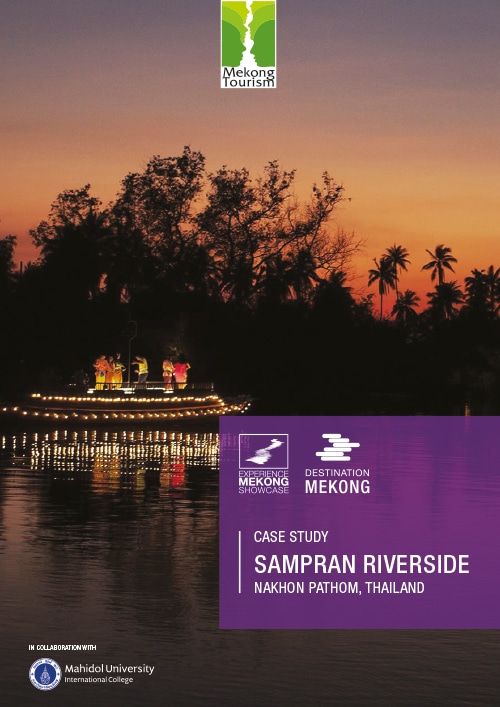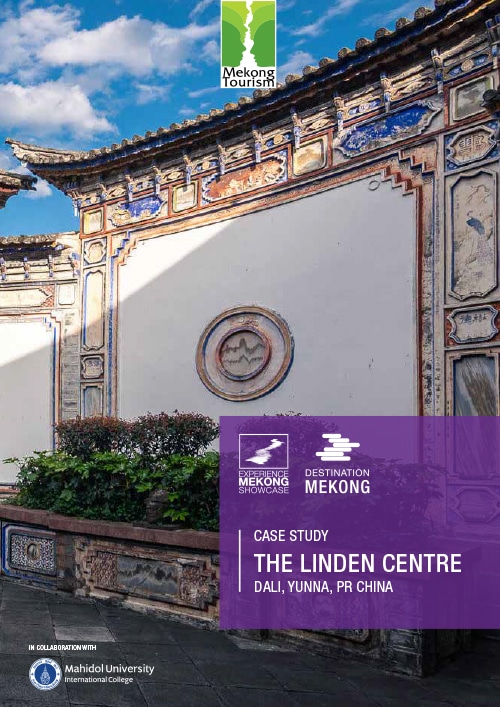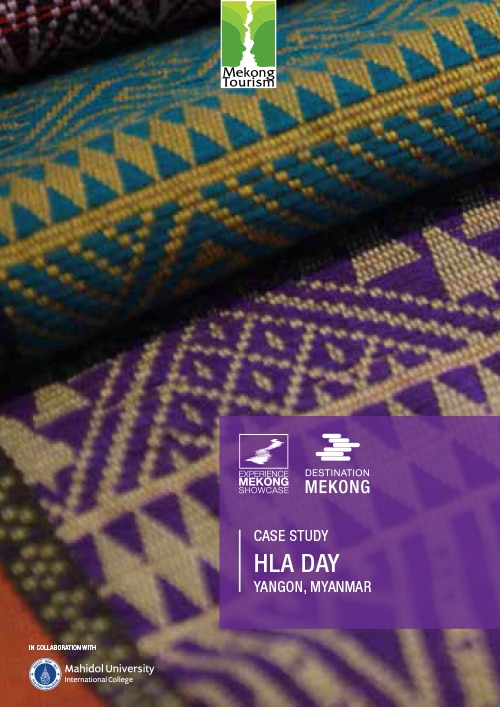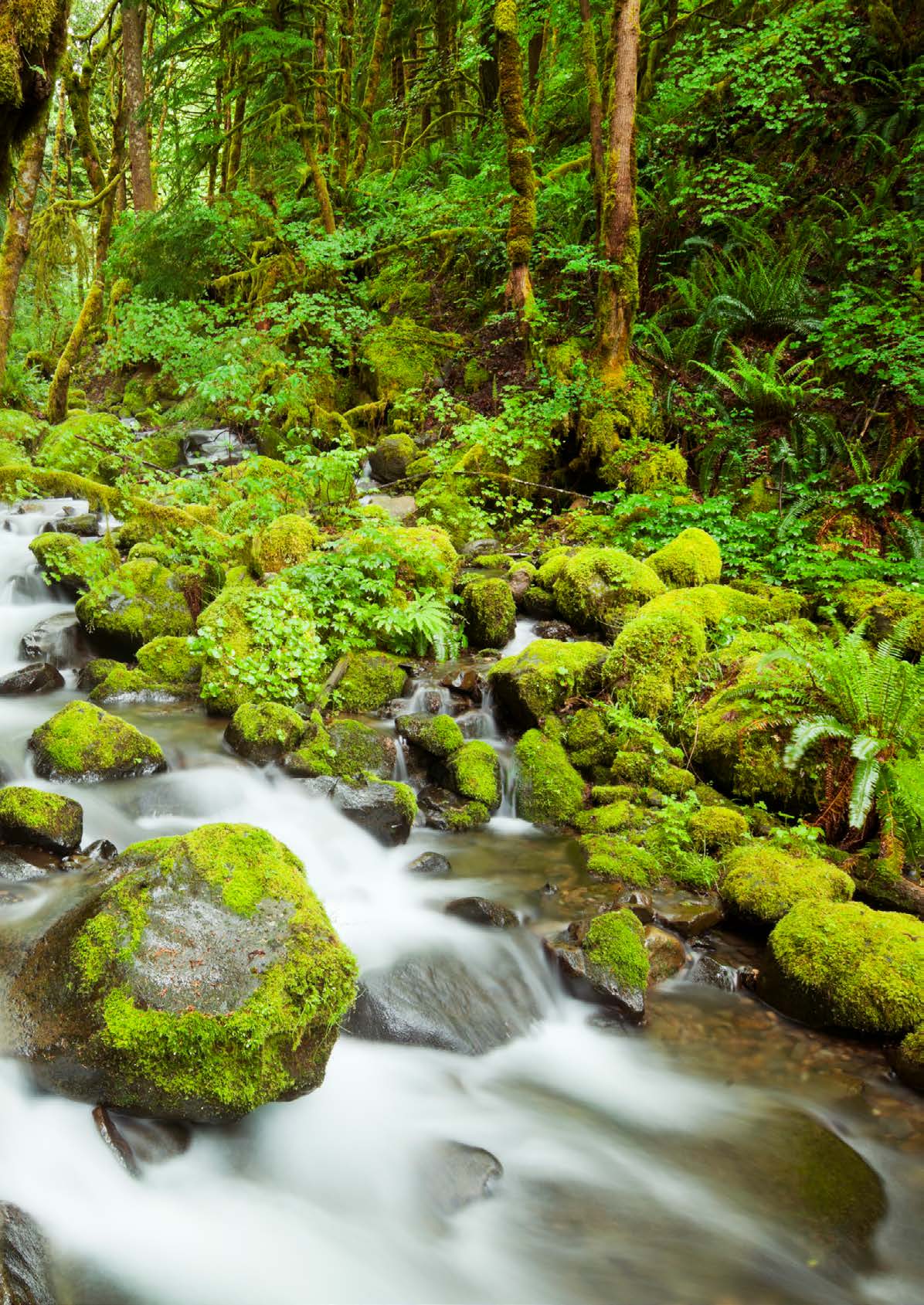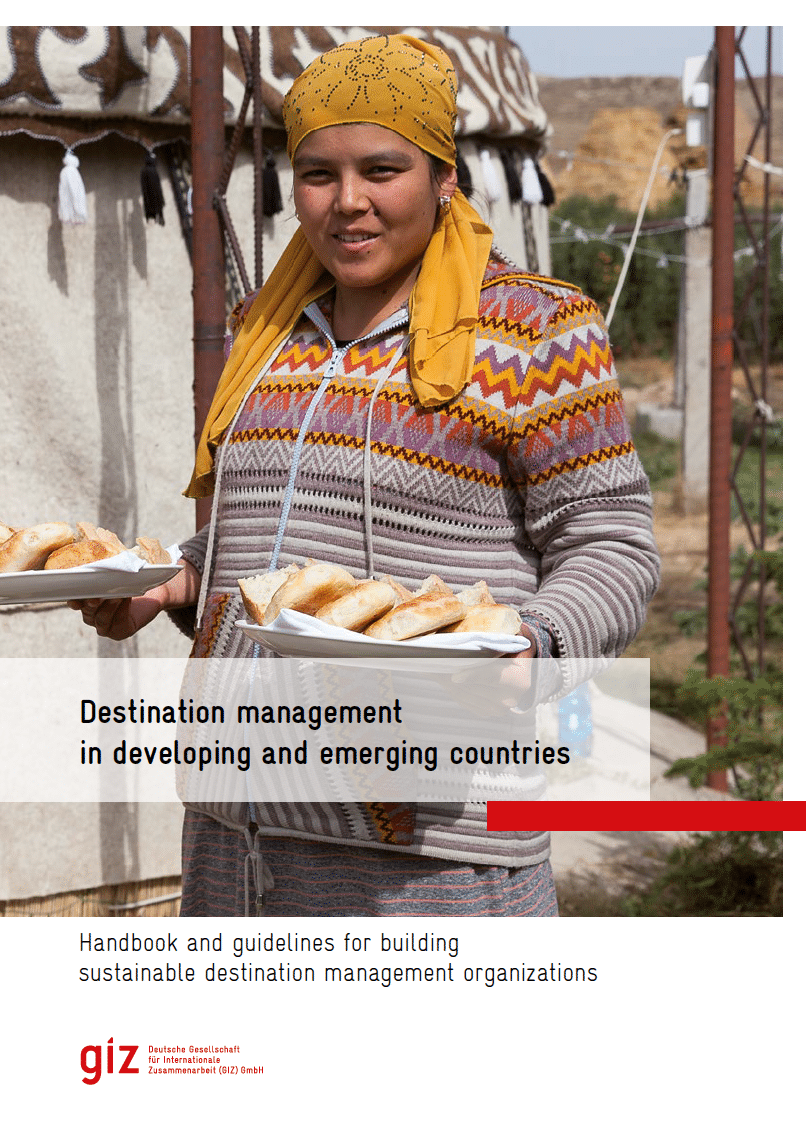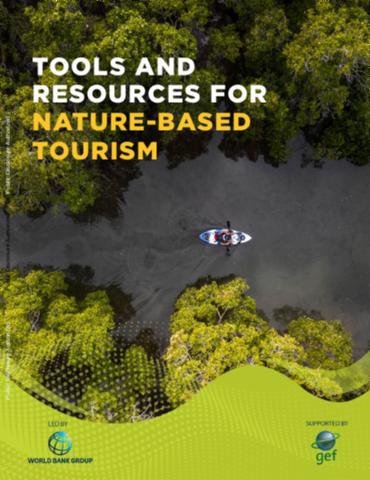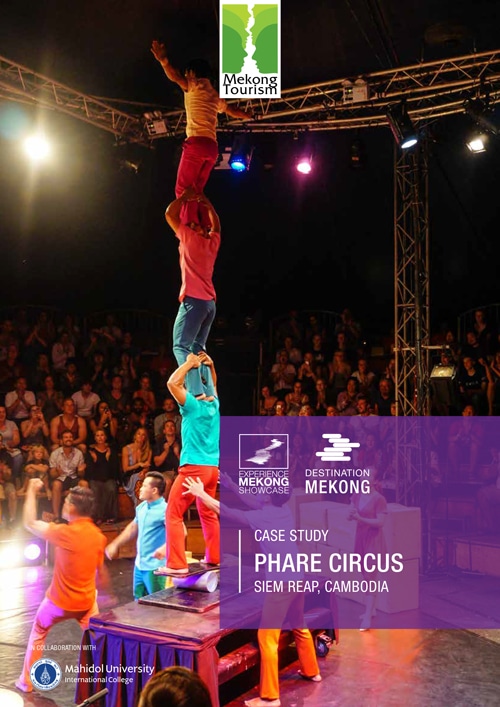During its second Summit on 21-22 October, Destination Mekong proudly honored late Srey Bandaul, co-founder of Phare Ponleu Selpak in Cambodia, as its second Mekong Hero.
Continue readingSee Your New Normal: A How-To Guide to Excelling in Your Post-COVID Future Using Scenario Planning
When you formulate a strategy for your organization, it’s not really crafted so you’ll be successful today, but mainly successful in the future. Logically, then, to map out an effective strategy today, it’s tomorrow’s landscape you need to visualize. But how do you know how your business landscape is going to look tomorrow?
Continue readingSoksabike
As a social business, Soksabike aims to provide tourists with the chance to experience the authentic
Cambodia and to promote a direct tourist spending to the local entrepreneurs.
Sampran Riverside
Located on a 70-acre plot along the Tha Chin River,
Sampran Riverside (formerly known as the Rose Garden)
is a family-run eco cultural destination; now famous for its
wide range of sustainable initiatives and its sustainable
business model.
The Linden Centre
Floating above the pristine rice and canola fields north of
the old town of Dali is a beautiful courtyard compound
built in 1947 by a wealthy entrepreneur from the Bai ethnic
group named Yang Pinxiang. Over seven decades, the
building, which is located in the historic Xizhou Village,
went through many changes, from being privately owned
to becoming public property after the Cultural Revolution
and land reforms, and from serving as an army barracks
and military hospital to housing a kindergarten. In 2001, it
was designated as a national heritage site. The courtyard
finely captures the exquisite architectural style of the Bai
ethnic group that predominantly lives in the area. This
compound is now a boutique hotel managed and run by
an American couple, Brian and Jeanee Linden, who have
injected new life and respect into this important heritage
site.
Hla Day
Hla Day collaborates
with Myanmar artisans, disadvantaged groups and small
businesses to design, develop and sell handmade-
Myanmar products. Hla Day aims to capture unique
flavors of the Myanmar design by improvising traditional
skills and sourcing all the materials locally.
One Planet Vision for a Responsible Recovery of the Tourism Sector
The One Planet Vision for a Responsible Recovery of the Tourism Sector builds on the UNWTO Global Guidelines to Restart Tourism released by the Global Tourism Crisis Committee on 28 May 2020 with the objective to support tourism to emerge stronger and more sustainable from the COVID-19 crisis. The vision is shared by the members of the One Planet Sustainable Tourism Programme
and partner organizations.
Destination Management in Developing and Emerging Countries
Tourism can be a source of foreign currency, a job engine and a catalyst for sustainable regional development, but it can also have a negative impact. In order to access its inherent potential, tourism needs to be managed with foresight.
Managing destinations plays a key role here. Because of their market relevance and size, destinations have the potential to be developed and marketed from a sustainable perspective.
That requires effective destination management organizations (DMOs), which can manage the destination and coordinate various tourism-related stakeholders.
Continue readingTools and Resources for Nature-Based Tourism
Luxury is DEAD. There is no point in designing lavish hotels just to put heads on beds – every hospitality project should have a purpose and a candle to light. We in hospitality – designers, owners or operators – have the superpower of reaching thousands of people. We should shoulder more responsibility concerning issues like education, clean accessible water, alternative energy, energy consumption, food waste, wildlife protection, and conservation. The big hotel companies are part of nature and society too, not just economy. Here are some ideas of how to do something real…
Continue readingCase Study Phare Circus
Phare, The Cambodian Circus (or Phare Circus) is one of the most innovative, energetic, and amazing performance shows in Cambodia. The 330-person circus was established in 2013 and is an authentic, top-rated, and professional evening show that takes place under a big top.
Continue reading
